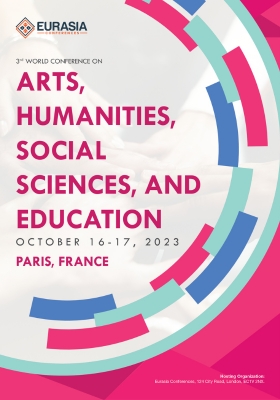
Malika Chatterji
In light of Luiz Inacio Lula da Silva winning the presidency in Brazil this January, 2023 and his impressive policy change to restore the Amazon, this paper argues we have reached a unique policy moment for realizing Indigenous land ownership and sovereignty. Indigenous legal and political theory are necessary to arrest climate change and to reverse course on the destructive capitalist and colonial economic practices of the last four centuries. Instead of the neo-liberal politic of BRICS and the G20 being the dominant players with the solutions, what is becoming widely apparent and accepted is that it is Indigenous knowledge that must become the leading paradigm, and it is Indigeneity that should have international legal teeth. At this moment, we are witnessing a major shift in international norms. This interest convergence between modern and Indigenous peoples is unique. We are poised at a global moment where the gesellschaft is looking to the gemeinschaft for answers. Whiteness itself is coming into question as a useful paradigm. Instead of being relegated to “observer status” and the paltry expectation of consultation with the nationstate, Indigenous Peoples now require political power, a vote, a seat at the international table with rights to be able to draft the agenda, to be able to solve global climate change for the world. This is an incredible moment of humility for whiteness. In being forced to articulate their need for Indigenous leadership, whiteness is exposing a vulnerability. This political moment is equally a psychological one.